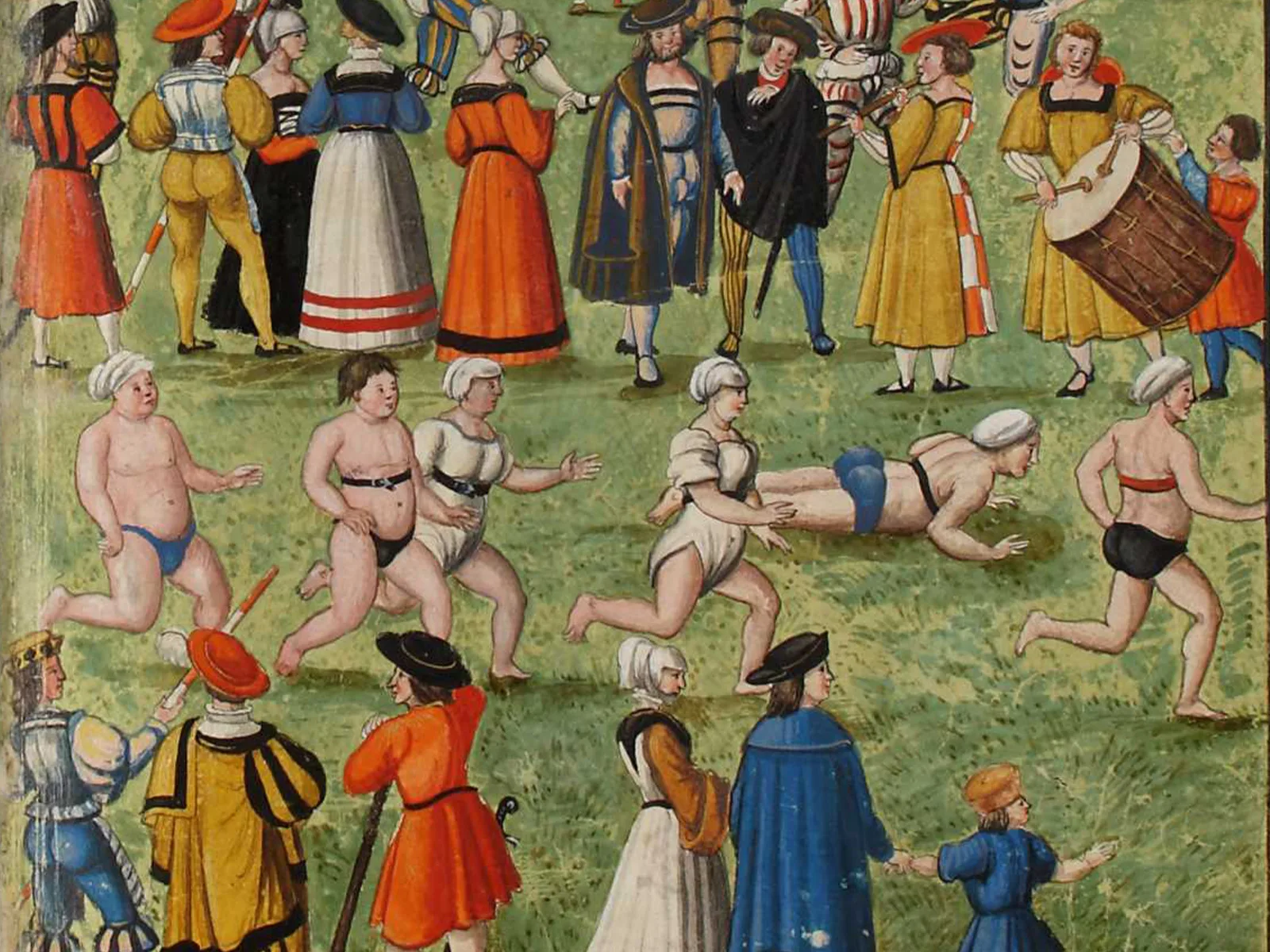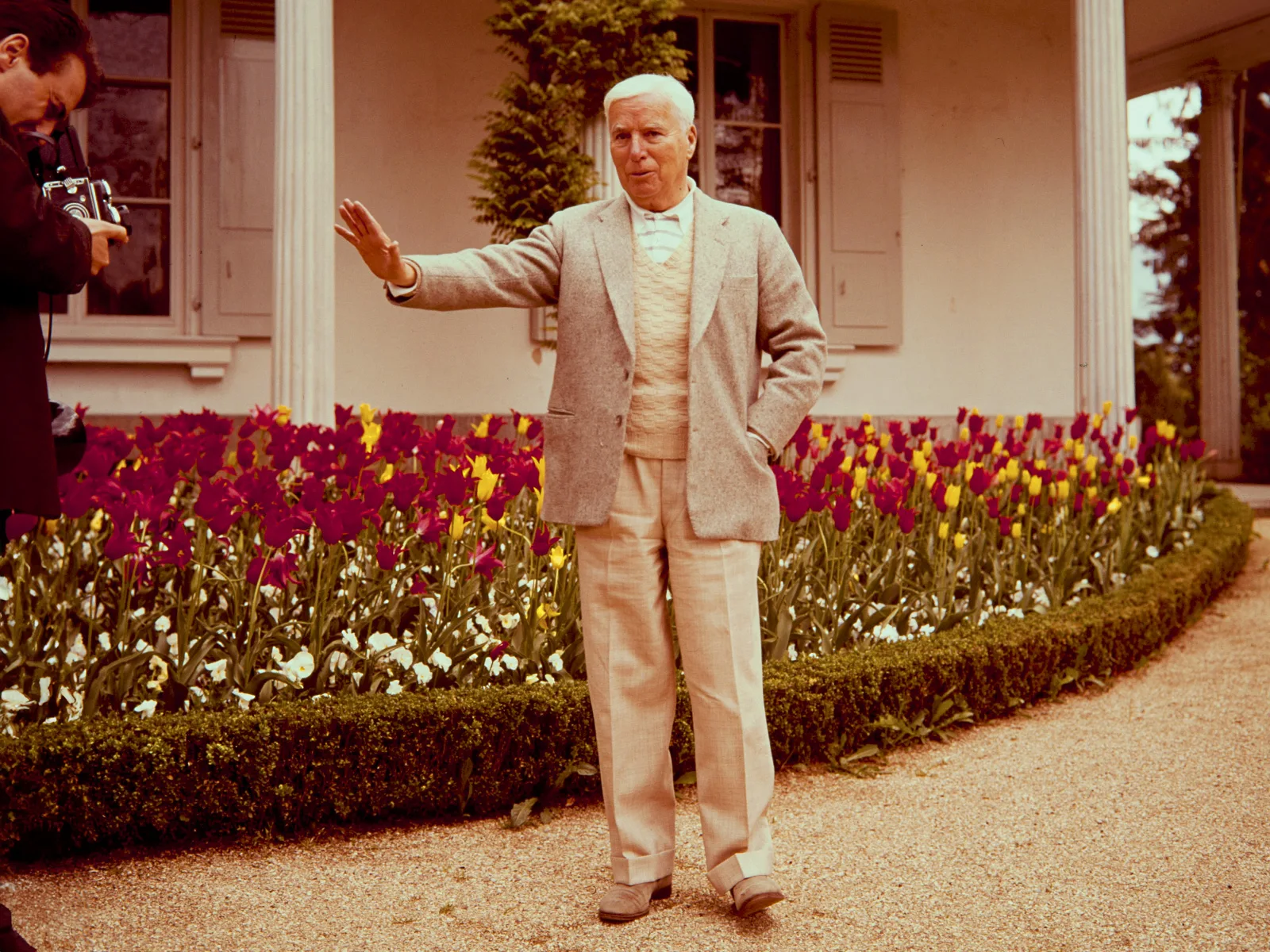
Good Prohibitions – Bad Prohibitions?
Four hundred years ago, on 23 August 1617 to be precise, the first modern one-way street was established in London. Such streets had probably already existed in ancient Rome, which had notorious problems with carts and coaches blocking the narrow lanes. Still, London set the example for today’s one-way streets. Most modern cities rely on them to channel traffic in the hope of making efficient use of restricted urban space.
As we all know, one-way streets can be a nuisance, especially if you’re trying to reach a familiar address but traffic routing keeps taking you on endless Kafkaesque loops around your destination. But, ultimately, even the most annoying traffic bans are accepted because people realize that they serve a purpose fundamental to the working order of any liberal society, that is, creating maximum safety for all whilst ensuring maximum liberty for everyone. Motorists, cyclists, lorry drivers, cabbies as well as E-bikers – they all want to reach their destination as quickly and safely as possible. For this clear rules are required. If motorists parked their cars in the middle of the street there would be no getting through, whilst failing traffic lights usually lead to a gridlock situation. On top of that, prohibitions are necessary because people tend to overestimate themselves: hitting the curve at 80 mph on a narrow road in the hope of overtaking the car in front … people certainly do try it. But if you loose control on the road, you’re not only a threat to yourself, but also a danger to others.
But what goes for the roads doesn’t necessarily apply to all areas of society – nevertheless, we still try to instil discipline in one another by imposing bans and restrictions. The latest example is the discussion about a sugar tax: after all, my sugar consumption is not a threat to anyone, yet I’m asked to show moderation and restraint. But because in our liberal society state paternalism is scorned, the call comes in the form of little nudges, euphemistic incentives, designed to coax us into leading righteous and healthy lives. Have you noticed that, under the rule of “mumocracy”, the healthy salad buffet stands immediately next to the canteen’s entrance whilst the tasty but fatty bacon, egg and sausages are hidden away at the back; health insurances generously contribute to your membership fee at the local gym; in Austria you’re even asked to carry a document on you stating that you don’t wish to donate your organs in case of death – but then again, who on earth would want to be such an egoist?
In the end these little motivational enticements to do good unto others as well as yourself probably do benefit society as a whole. After all, healthy citizens cost the state less. But unlike in the case of traffic rules, the little nudges and restrictions are not really about creating maximum safety for all whilst ensuring maximum liberty for all, but they impact on our freedom to lead our lives the way we think right. Thus they call for further justification. However, above all they relieve us from the responsibility of acting autonomously and in solidarity towards others. We don’t collect the trash we leave behind after a picnic in the woods because we care for nature, but because we’re afraid of being fined. We turn down the music at night because the noise protection regulations force us to do so, not because we worry about our neighbours’ sleep or because they might not be ardent fans of AC/DC.
Prohibitions should never be imposed to stop us thinking and living the way we do, nor should they serve as an excuse to pass on responsibility to others. Their aim is to ensure maximum liberty on an even playing field for all. This goes for the roads as well as for all other aspects of communal life. A nanny state does not lead its citizens down a one-way street to freedom, but to a dead-end. Or as the great American statesman Benjamin Franklin once said: “Those who would give up essential Liberty to obtain a little temporary Safety, deserve neither Liberty nor Safety.”



